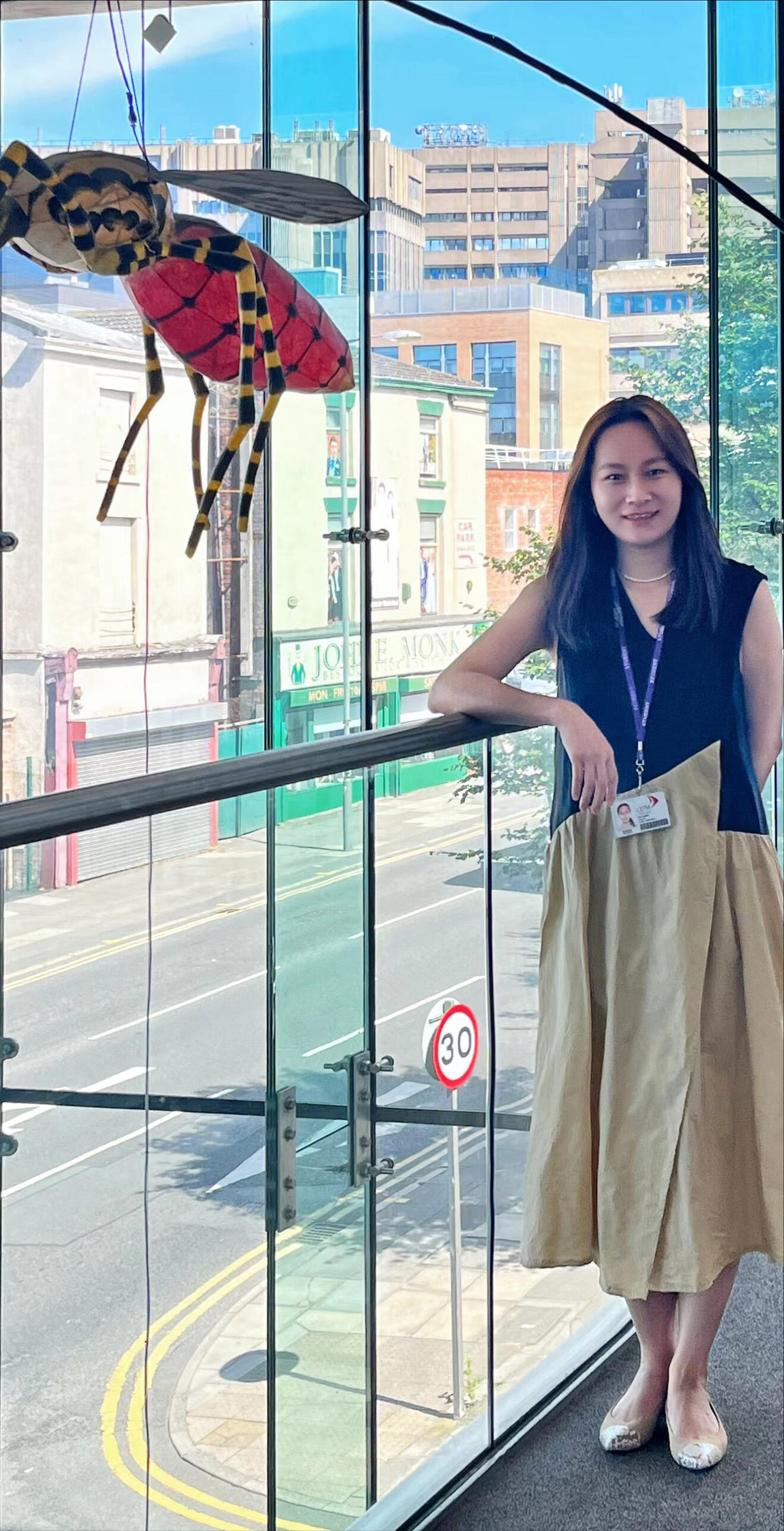
I applied to the Crick Innovation Challenge two months ago and won a place in the Laboratory Innovation Challenge area. The Crick Innovation Challenge is held by the Francis Crick Institution and lasts for a week. This challenge aims to encourage an entrepreneurial spirit and creative ideation in early career scientists who want to explore new ways of translating research into real-world solutions.
My team's idea was to develop Unitas, an integrated and comprehensive digitised platform for sample management in academic laboratories. Academic labs commonly encounter improper sample identification, storage, and handling, which routinely impairs experimental workflow. More than 60% of retractions in the literature occur due to unintentional mistakes such as mislabelling of tubes containing biospecimens and laboratory reagents. This and other poor inventory management practices impact samples stored under cold conditions, increasing energy expenditure, infrastructure, and direct costs. Although sample management systems (SMSs) have been widely adopted in industry and clinical settings, the need for specialised and costly infrastructure prevents their widespread use in academic labs.
I had a fantastic time on the Crick Innovation challenge, which expanded my horizons and initiated changes in attitude and behaviour in a way I have never experienced before. For example, I do dry lab work, so I know nothing about wet lab work. I joined a team to solve the problem that commonly occurs in labs. This means I had to collect lots of SMSs (Sample management systems) and thermal printer information. After taking part in the challenge, I feel like my skill base has been widened to enable me to consider a variety of positions whether it be in academia or industry. It also enhanced my CV, the training and mentor sessions, throughout the week, were different to anything else I’d experienced and have really helped me to understand areas of business.
Our two mentors were very helpful, Dr. Adam Glen, was from biotechnology company, and he gave advice on our platform and pitch decks. Another business mentor was Dr. Fiona Marston, who gave advice on background introduction, how to identify and validate a problem, and patent matters etc. Dr Fiona Marston is LSTM’s Royal Society Entrepreneur in Residence. In this role she gives support and expert advice to early career researchers at LSTM to promote innovation and translation research. It was a pleasant surprise to discover she was one of our team’s mentors. She was the one who initially suggested I apply for the Crick Innovation Challenge as she said it was a great opportunity to network and make connections, such as on LinkedIn. In the future, these contacts may help advise me or even lead to employment opportunities. The Innovation Challenge was also an opportunity to network and meet a range of people, in person. I met various brilliant people from different research areas. My team were very engaged. We came together to achieve the same outcome and made crucial decisions together. We were able to adapt our skills to work together, taking time to listen, respecting everyone’s opinions and approach to the task at hand.
The Crick Innovation Challenge is a good opportunity for early career scientists to benefit
from learning translation skills that we would not learn as part of a PhD, like developing enterprise skills, cultivating business acumen, understanding impact and presenting research with impact to diverse audiences. It is a chance to come up with, plot an idea and then pitch it. Putting ideas together and focusing on innovation will help us become a more comprehensive research group. The most important thing is to gain collaboration experience with our peers and industry experts, generate innovative problem-solving methods, and become more career-wise.